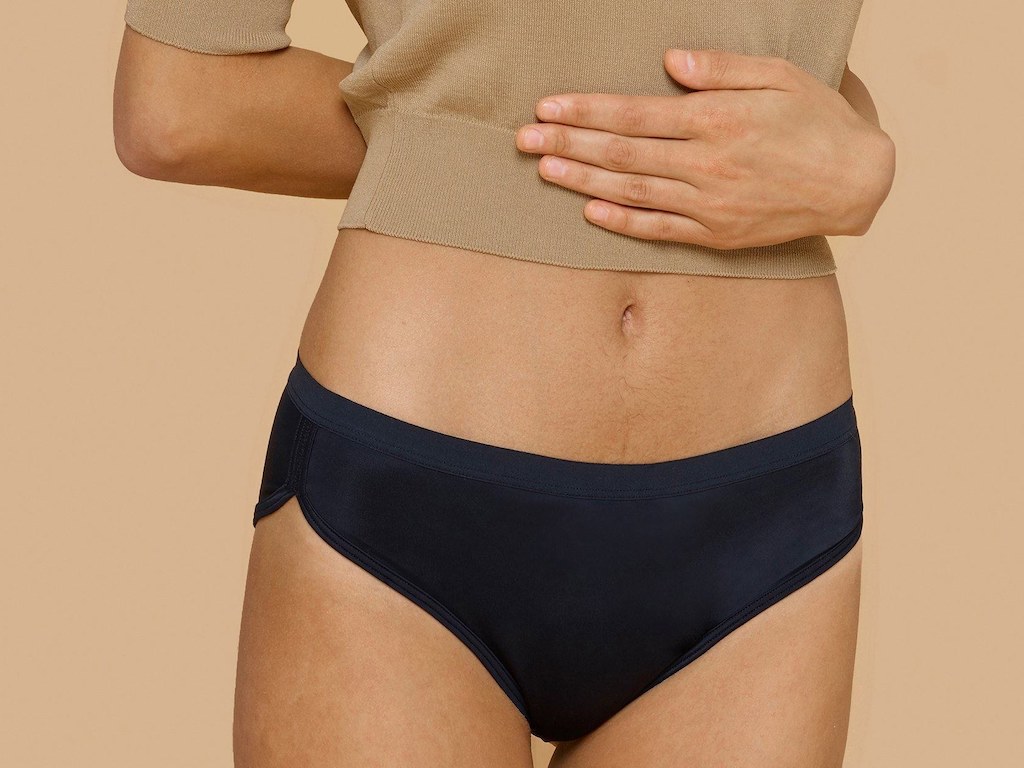3 Mins Read
Multinational personal care corporation Kimberly-Clark has invested US$ 25 million in reusable period underwear brand Thinx, signalling that sustainable menstrual care products is a market that is here to stay. The investment is expected to enable the online startup to tap into mainstream retailers and supermarkets, and will fund the company’s efforts to launch a lower-cost accessible line of period underwear. Reusable underwear and other more sustainable versions of feminine care are becoming increasingly popular as consumers turn their back on conventional types of synthetic, single-use pads and tampons for health and environmental reasons.
According to a report in the Wall Street Journal, the makers of the viral reusable menstrual underwear Thinx has secured a US$ 25 million investment from global personal care giant Kimberly-Clark. The latest injection of funding is expected to help the New York-based startup get their products on the shelves of mainstream retailers and supermarkets, a major hurdle that the company has faced since they began in 2013. The funding will also enable them to develop a new accessible line of underwear priced between US$ 15 to 19 per pair, compared to current prices of US$ 32 – 39, which will appeal to a wider demographic. Thinx’s products are able to completely replace single-use tampons and pads.
In a statement, CEO Maria Molland said that since the company started, they have only managed to raise under US$ 2 million in total due to “period taboo, strong incumbents and the daunting task of convincing people with periods to change behaviour that has been passed down for generations.”
The backing from a major global corporation such as Kimberly-Clark is an indication that tides are turning. Consumers, looking for more eco-friendly and safe alternatives to conventional single-use products that are often manufactured using synthetic ingredients that have been associated with a host of health-disruptive effects, have increasingly turned to reusable feminine hygiene brands. According to data from the Women’s Environmental Network (WEN), the average woman disposes around 11,000 single-use menstrual products over a lifetime and sanitary products account for 200,000 tonnes of landfill waste annually.
Within the past two years, sales of Thinx’s products, which includes both reusable period and incontinence underwear and activewear have almost doubled to US$ 50 million. With their success, the brand has expanded to over 60 boutique and retail partners globally, most prominently with American fashion retail and e-commerce behemoth Nordstrom.
However, the popular brand recently had to battle with allegations that their reusable menstrual underwear products contained toxic ingredients. In one study, nuclear scientist from the University of Notre Dame found that Thinx’s underwear contained significant levels of PFAS, a group of toxic chemicals known to be associated with cancer and fertility problems. While the study is concerning, it is worth noting that this is an isolated study and Thinx has refuted the claims by reference to their own safety tests.
Given that are little signs that the sustainable feminine care category will stop growing, consumers that are wary about the safety of Thinx do have a whole plethora of options from other brands. Here in the Asia-Pacific region, a host of social impact startups are fighting the issue head on. New Zealand-based charity Reemi has developed the world’s first self-disinfecting and toxin-free reusable period underwear product, which sees 100% of profits going towards benefiting women in Bangladesh with sustainable feminine care and taboo-breaking educative programs. Meanwhile, based in both Hong Kong and Shanghai, LUÜNA Naturals offers women subscription boxes for organic and toxin-free cotton pads and tampons, as well as reusable menstrual cups.
Lead image courtesy of Thinx.




